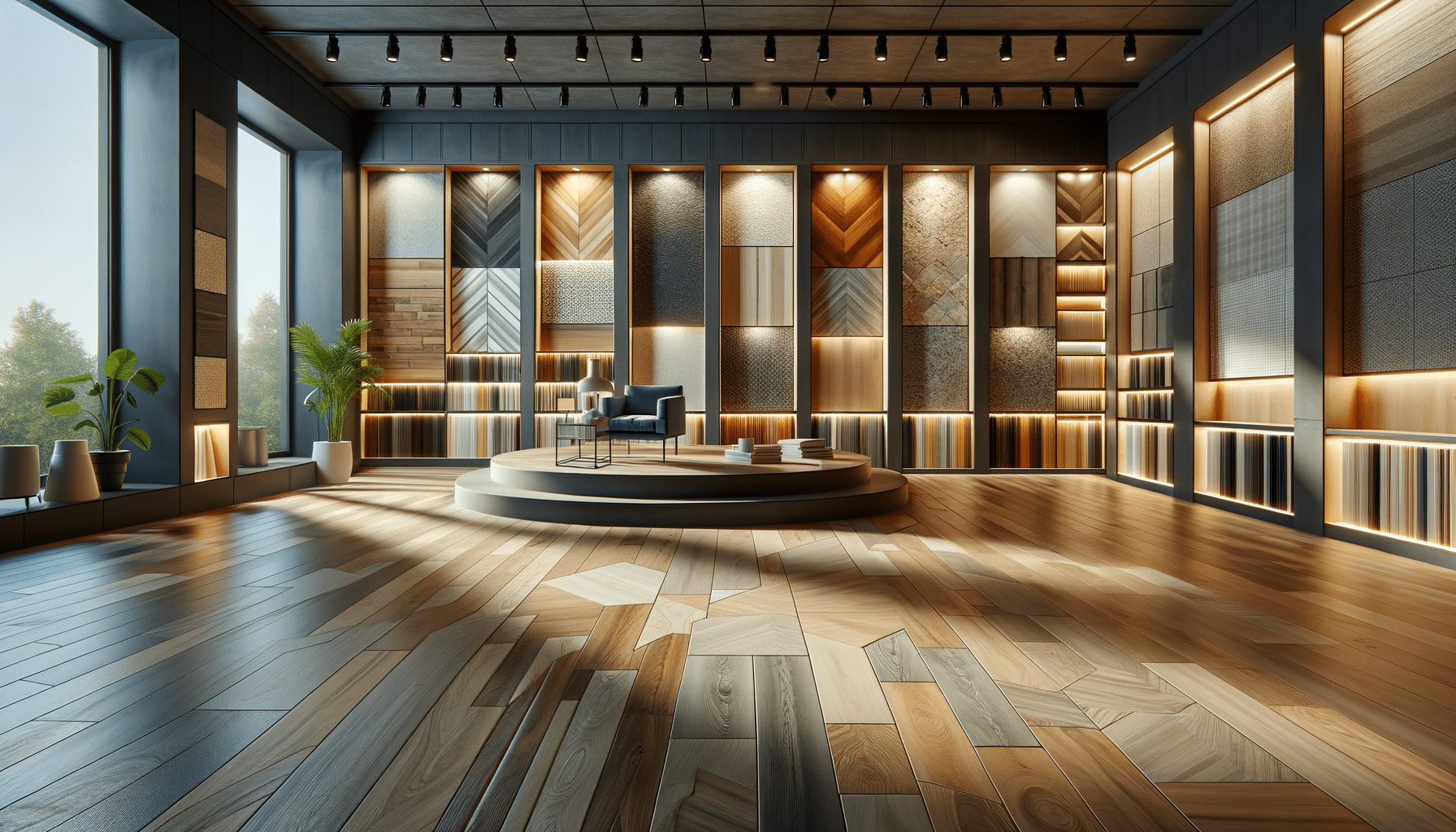
The Ultimate Guide to Vinyl Flooring: Types, Benefits, and Applications
Introduction to Vinyl Flooring
In recent years, vinyl flooring has seen a resurgence in popularity, and it’s easy to see why. This versatile flooring option offers a unique combination of durability, affordability, and style, making it a favored choice for both residential and commercial spaces. Available in a variety of forms, including Luxury Vinyl Tiles (LVT), Vinyl Planks, and traditional Vinyl Sheets, vinyl flooring can cater to a wide range of aesthetic and functional needs. Whether you’re renovating a home or designing a new office space, understanding the different types and benefits of vinyl flooring can help you make an informed decision.
Types of Vinyl Flooring
Vinyl flooring comes in several forms, each offering distinct advantages. The most common types include:
- Luxury Vinyl Tiles (LVT): Known for their high-end appearance, LVT mimics the look of natural stone or ceramic tiles. It’s an excellent choice for those seeking a luxurious aesthetic without the high cost.
- Vinyl Planks: Designed to resemble hardwood floors, vinyl planks offer a more affordable and water-resistant alternative to traditional wood flooring. They are ideal for areas prone to moisture, such as kitchens and bathrooms.
- Vinyl Sheets: This option is perfect for covering large areas quickly and efficiently. Vinyl sheets are often chosen for commercial settings due to their seamless installation and ease of maintenance.
Each type of vinyl flooring has its own set of benefits, making it essential to consider the specific needs of your space when choosing the right option.
Benefits of Vinyl Flooring
Vinyl flooring is renowned for its numerous benefits, which include:
- Durability: Vinyl is highly resistant to scratches, dents, and stains, making it an excellent choice for high-traffic areas.
- Affordability: Compared to other flooring options like hardwood or stone, vinyl is significantly more budget-friendly while still offering a similar aesthetic.
- Water Resistance: Many types of vinyl flooring are waterproof, making them ideal for use in moisture-prone areas such as bathrooms and kitchens.
- Easy Maintenance: Vinyl floors are simple to clean and require minimal upkeep, which is a major advantage for busy households or commercial spaces.
These benefits make vinyl flooring a practical and attractive option for a wide range of applications.
Applications of Vinyl Flooring
Vinyl flooring’s versatility makes it suitable for a variety of applications. In residential settings, it’s a popular choice for:
- Kitchens and Bathrooms: Its water-resistant properties make vinyl ideal for these moisture-prone areas.
- Living Rooms and Bedrooms: Vinyl’s ability to mimic the look of more expensive materials allows homeowners to achieve a stylish look without breaking the bank.
In commercial settings, vinyl flooring is often used in:
- Retail Spaces: Its durability and ease of maintenance make it a practical choice for high-traffic areas.
- Offices: The wide range of design options available with vinyl flooring allows businesses to create a professional and welcoming environment.
These applications demonstrate vinyl flooring’s ability to meet the diverse needs of different spaces.
Conclusion: Why Choose Vinyl Flooring?
Vinyl flooring offers a compelling combination of durability, affordability, and style, making it a top choice for both residential and commercial applications. Its ability to mimic the appearance of more expensive materials, coupled with its easy maintenance and water-resistant properties, ensures that vinyl flooring remains a practical and attractive option for a wide range of needs. Whether you’re renovating a home or designing a new office space, vinyl flooring provides a versatile solution that can enhance the aesthetic and functionality of any environment.


